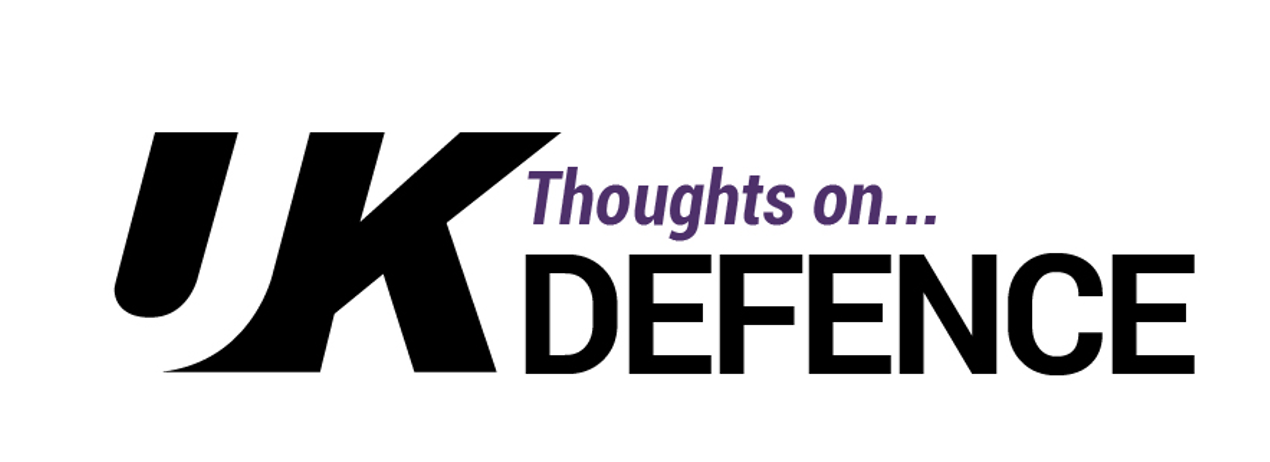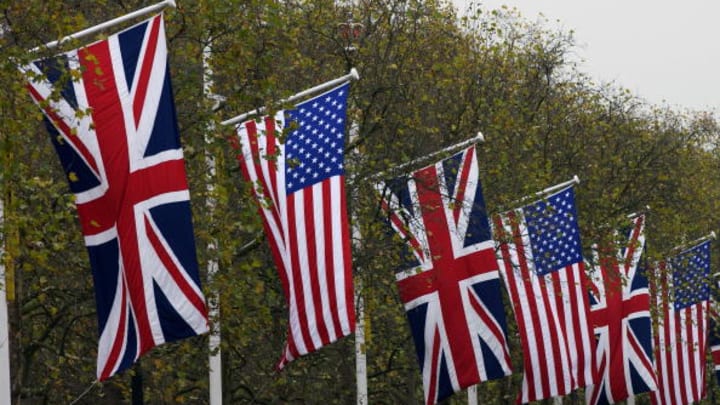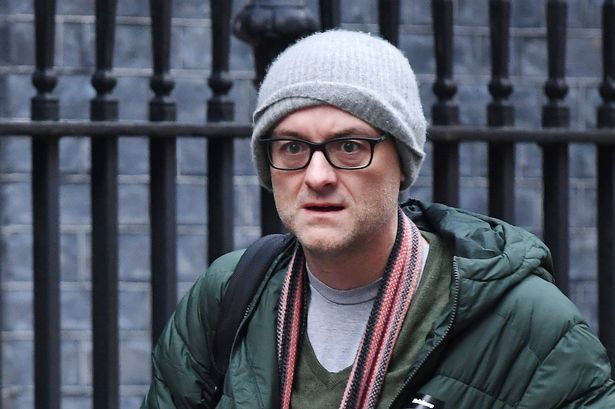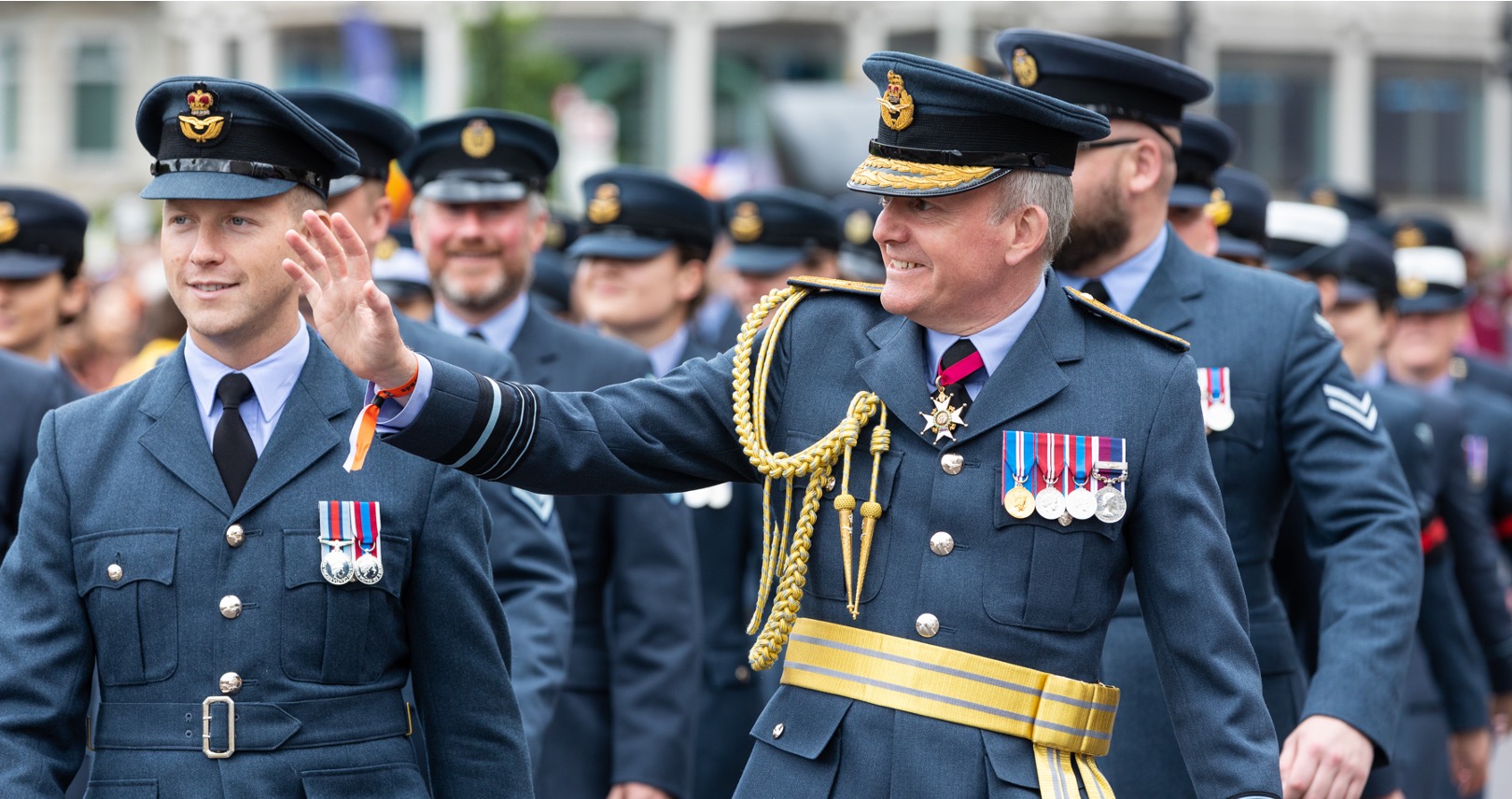In a recent International Institute for Strategic Studies (IISS) webinar, the Royal Navy’s fleet commander – Vice Admiral Jerry Kyd – and the Royal Air Force’s deputy commander operations – Air Marshal Gerry Mayhew – discussed options for basing a UK carrier in the Indo-Pacific region. Specifically, Vice Admiral Kyd opined that “our ambition is to be absolutely persistent and forward based there, maybe with a carrier strike group.” In response to what would appear to be ‘off-message’, or at least unsanctioned, comments , The Times has reported that Secretary of State for Defence, Ben Wallace (Conservative MP for Wyre and Preston North), has banned senior officers from giving public speeches or appearing at think tank events until further notice, effectively gagging the Service Chiefs in the run up to the Integrated Review.
The Integrated Review’s Phoney War
As @onUKDefence has previously pointed out, the period immediately prior to a defence review is marked by the extremely overt and often unsubtle positioning of an increasing number of interested parties. Retired admirals, generals and air marshals, multi-billion-pound defence companies, allies and even potential adversaries all throw their points of view into the mix in an attempt to influence the decision-making around the allocation of a seemingly ever-reducing allocation of resources to defence and security.
This behaviour was evident at the beginning of the year as preparations for the Integrated Review gathered pace, and is resurfacing again now it is clear that the review has re-started. However, what is never discernible is just how much of this activity is supported, or indeed instigated, by the senior leadership of the three services. Clearly it is in each service’s interest to have advocates fighting for its cause, but, on the other hand, open briefing on contentious environmentally specific issues by serving officers can often do more harm than good.
The IISS webinar certainly seems to be a case in point.
The Defence Secretary’s Response
According to The Times’ report Mr Wallace is thought to have become concerned about message discipline in the forces. Of course, what we don’t know is whether this was a case of misinformation designed to talk up the importance of the Royal Navy’s carrier strike capability, or the premature leaking – inadvertently or otherwise – of a close-hold future foreign policy initiative.
If it is the former, the Defence Secretary’s action is, like as not, simply an attempt to reign in the Service Chief’s influence over the Integrated Review. An understandable if probably futile action. Publicly gagging the Service Chiefs will not halt the flow of environmentally biased arguments into the public domain; instead, it will simply result in more briefings from experts or academics sympathetic to a particular single service. These briefings may, or may not, include details surreptitiously supplied by the supported service.
If it the latter, then Wallace should have much more cause for concern. Maintaining a persistent UK military presence in the Far-East would be a significant national strategic shift, especially given the current state of relations with China. Such a move could be a major underpinning element of the government’s Global Britain initiative. It would certainly be significant enough to be unveiled by the Prime Minister himself, and at a time and place of his choosing. Because of the discussions during the IISS webinar, that cannot now happen. This can only weaken the Defence Secretary politically. There was some surprise that Ben Wallace kept his job in Boris Johnson’s last cabinet reshuffle in February. If he cannot be seen to control the Service Chiefs, he may not survive the next one.
So What?
It is not unreasonable for Ben Wallace to expect his senior team to all sing from the same hymn sheet during the Integrated Review. Unfortunately, thinking ‘Team Defence’ is not necessarily the default for those serving in Portsmouth, Andover or High Wycombe. Instead their propensity is to put the needs of their individual service ahead of what may be for the good of defence as a whole. As long as that prevails, the urge for a Defence Secretary, and especially a potentially vulnerable one, to gag the Service Chiefs in the run up to a defence review will remain strong.







1 comments On Gagging the Service Chiefs
Is it more important for the service chiefs to always tow the government line, or for them to be free to contribute to the wider national debate around defence and security through think tank events and the like? I think the defence secretary has made a mistake in banning them from giving speeches in the run up to the integrated review.